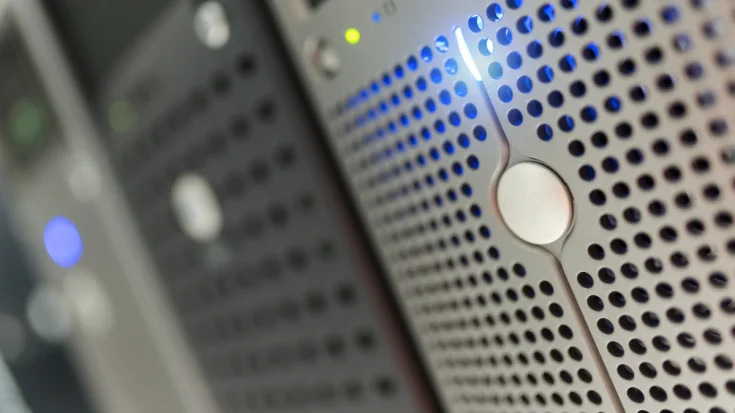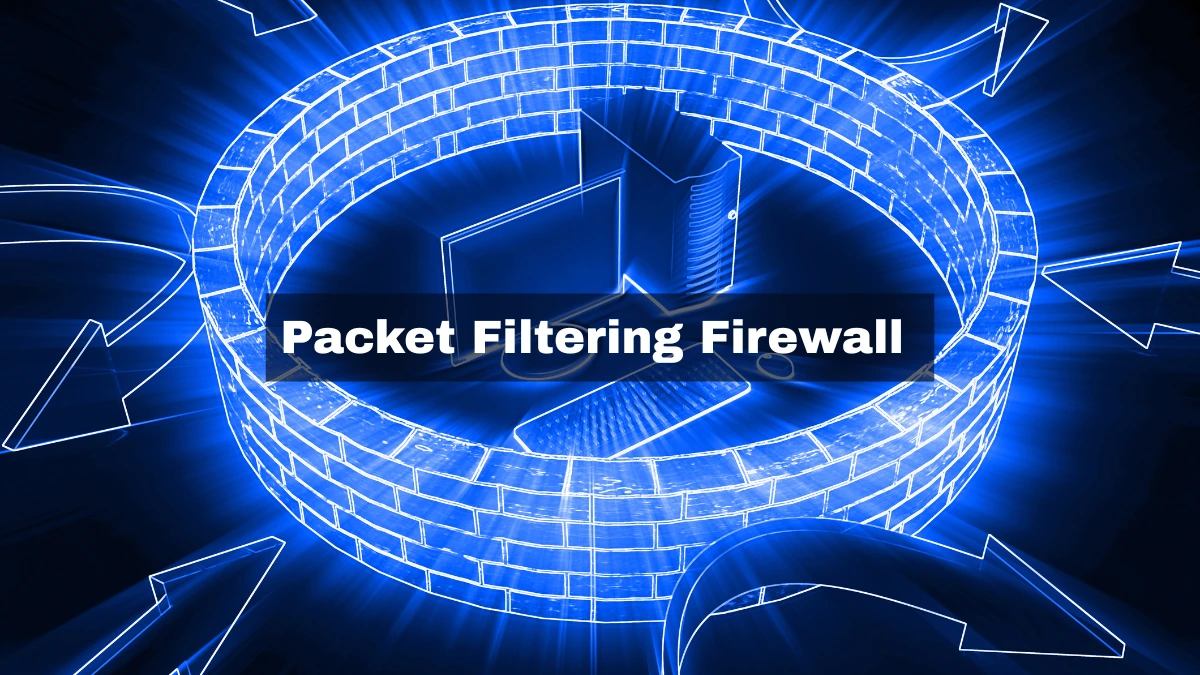The presence of a firewall facilitates the guarding and controlling of incoming and outgoing data traffic, especially in network security. One type of firewall is a packet filtering firewall, which has some functions and advantages.
The functions of a packet filtering firewall include controlling access to regulating traffic. Moreover, the advantages include fast performance, providing a basic level of protection, and low cost.
This article will give you information on packet filtering firewalls, including definitions, functions, and the advantages they have.
What is a Packet Filtering Firewall?

A packet filtering firewall is a type of firewall that works by filtering incoming and outgoing data packets. This filtering is based on a series of rules, such as blocking all traffic from certain IP addresses or allowing traffic only from certain ports.
This firewalls are the most basic and simple type of firewall that operates at the network layer. However, this type of firewall works quickly and efficiently at a very low cost.
The Functions of a Packet Filtering Firewall
The packet filtering firewall has several functions, from controlling access to regulating traffic. Here are some of its functions:
- Controls access: Ensures that only authorized network traffic can pass through the firewall.
- Preventing threats: Data packets originating from unknown or suspicious sources will be blocked.
- Regulates traffic: Divides network traffic based on specific criteria.
The Advantages of Packet Filtering Firewall

The packet filtering firewall has several advantages, from fast performance, providing a basic level of protection, to low cost. Here are some of its main advantages in detail:
1. Fast performance
One of the advantages of a packet filtering firewall is its fast performance. This type of firewall does not put a significant burden on network performance because the process is done by simply checking the packet headers on network traffic quickly.
2. Easy to implement
Easy to implement is another advantage of packet filtering firewalls. When compared to other types of firewalls, the configuration of this type of firewall is relatively simple, so it is easy to implement.
3. Provides a basic level of protection

This types of firewalls are well-known for their ability to provide basic protection against existing threats. These devices are capable of blocking unwanted traffic based on IP, port, and protocol.
4. Resource efficiency
By using a packet filtering firewall, you can be resource-efficient. Large computing resources are not needed in this device, so resources are more efficient.
5. Low cost
Another advantage of a packet filtering firewall is its low cost. By not using large computing resources, it makes the cost of using this type of firewall is lower.
Those are the definitions, functions, and advantages of a packet filtering firewall that you need to know. However, it should be noted that this type of firewall is vulnerable to sophisticated attacks, does not check packet contents, and requires proper configuration.
Another thing to note is that firewalls on the market must pass the certification test from the Directorate General of Digital Infrastructure (DJID). Firewall regulation is based on the Ministerial Decree (KEPMEN) No. 60 Tahun 2022, which requires all radio frequency-based devices to meet specific technical standards before being sold in the country.
With a DJID certification, users can feel calm about using a firewall whose quality and security are guaranteed. For manufacturers or importers of firewalls, obtaining certification from DJID is a mandatory step before the device can be officially marketed in Indonesia.
To simplify the certification process, we are available to assist with this process as a reliable solution. [UN].

